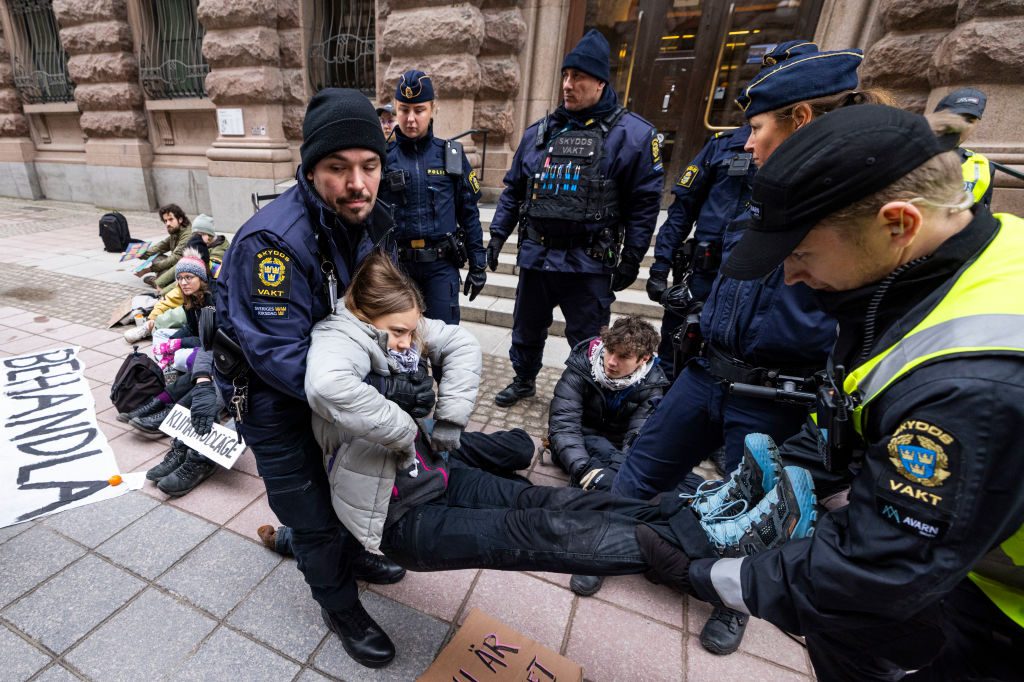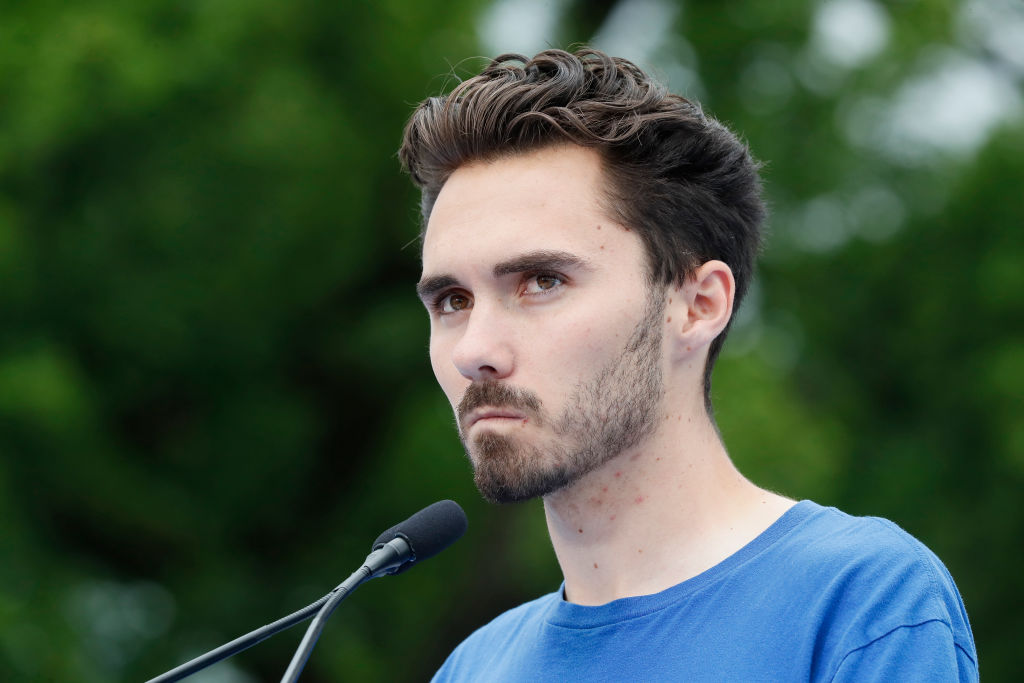Greta Thunberg is back in business. Previously slowed down by European pandemic restrictions, the Fridays For Future movement has now hit the streets, starting in Berlin. ‘We must not give up, there is no going back now,’ Thunberg told thousands of local protesters. The appeals and influence of her movement have translated, at least somewhat, into a stronger climate-focused youth vote in last month’s German elections. The Green party has made significant advances in Parliament, becoming one of the kingmakers in upcoming coalition talks.
Yet Germany’s environmentalists aren’t the only ones who outperformed their previous results. The liberal-democrat FDP scored 23 percent of Germany’s first-time voters, the same amount as the Greens. The FDP can be seen as in opposition to the Greens, not because they negate the importance of action on climate change, but because their approach lies in innovation rather than punitive taxation or green de-growth models. The party is also open to genetic modification in agriculture, which it calls ‘Grüne Gentechnik’ (‘green gene tech’).
Germany’s mainstream news publications are perplexed by this youth voting trend. The left-wing magazine Der Spiegel wonders ‘Spinnen die jungen Leute‘ (‘Have the young turned insane?’). Die Zeit is also confused, launching an online survey asking, ‘Dear youth voters, why did you vote FDP?‘
No wonder the German press is puzzled. For months and years, the youth climate movement of Greta Thunberg has been held up as the voice of young people. Thousands of them take off Fridays to join large protests. They demand more wind and solar power and less individual mobility. By comparison, the FDP endorses more digitalization in schools, attracting more foreign investment, cementing the industrial landscape, and lowering tax burdens.
It’s hard to deconstruct the dynamics of a vote. After all, survey agencies spend months and years just estimating the fractures of regional voting patterns. That said, one takeaway is apparent: the youth vote is not a monolithic bloc dominated by environmental considerations. The manifesto of the FDP paints an optimistic path forward, compared to the doom and gloom of the environmentalists and the ‘us versus them’ left. The liberals campaigned on the slogan ‘Never has there been more to do,’ and focused on social media campaigns that outline opportunities, in stark contrast to the fatalistic tone of the other campaigns.
Theirs is not the only indicator for change. Even within the Green youth party movements, voices are being raised in favor of genetic modification, breaking with an older party leadership that has built its reputation on bicycles and windmills rather than technological innovation. In 2019, a group of young master’s students in genetics attempted to change existing EU regulations on genetic engineering by collecting signatures for their ‘Grow Scientific Progress‘ petition. They failed, the petition did not reach the necessary threshold, yet the conversation is open.
On energy, the presence of pro-nuclear power environmentalists is also increasingly noticeable. At the Fridays For Future rally in Berlin, a young woman supporting nuclear energy was attacked and had her sign ripped from her. A larger crowd of pro-nuclear environmentalists have gathered around former Extinction Rebellion spokesperson Zion Lights and her organization Emergency Reactor.
What has begun in Germany is emblematic of a recurring theme, one that most commentators ought to be aware of: young people don’t all think about problems in the same ways. There are those who will continue to center core societal problems on a set of targets (traditional industries, or whoever the ‘rich and powerful’ are that week), falling for a kind of Malthusian, depopulation, panic-inducing, end-of-the-world scenario. But then there are also those who are most likely to become the creators and innovators of the future, who believe that human ingenuity can be stopped by nothing but man himself.
It is the politics of hope versus the politics of fear all over again.

























